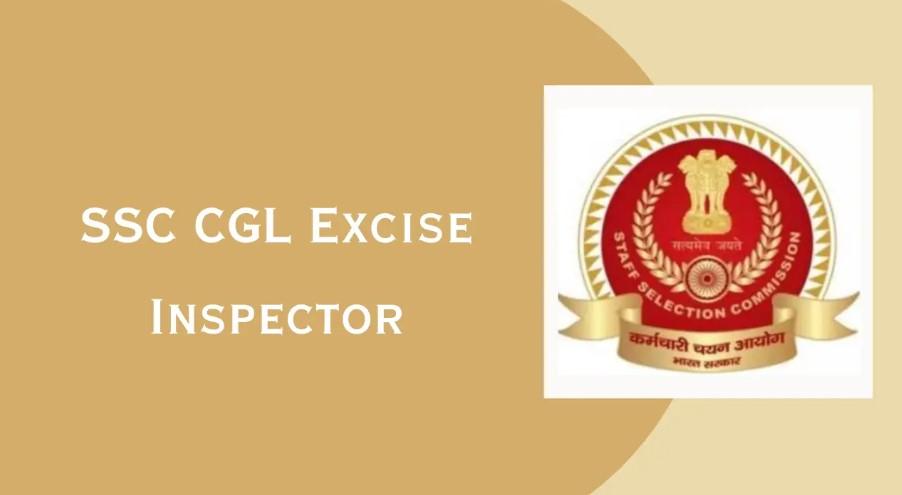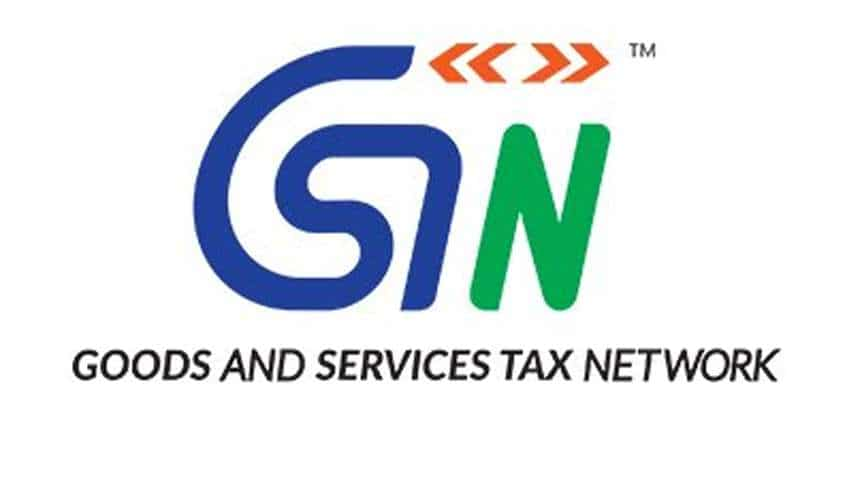A recent advance ruling given by the Tamil Nadu bench in the case of Profisolutions, a private company, reaffirms that GST is applicable on services provided intra-company.

In this case, the branch office in Chennai (Tamil Nadu) provided support services like engineering services, design services and accounting services to its head office in Bangalore, which was registered in Karnataka under the GST Act.
For GST to be triggered, there must be a ‘supply’ of goods or services. The applicant contends that employees are appointed and working for the company as a whole and not employed for head office or branch office specifically.
The moot question before the Authority for Advance Ruling (AAR) was whether provision of services by a branch office in one state to its head office in another state, through employees who are common to the company, constitutes a ‘supply’ of services.

A physical presence of a unit, such as the head office or branch offices, necessitates a GST registration. In other words, the registrations are state-specific. The AAR held that each registered unit is a ‘distinct person’. A transaction between distinct persons even without consideration is termed as a supply and is taxable. When the services of employees deployed in a registered place of business are provided to another registered premises of the company, it is treated as a supply and is subject to GST at 18%.
This concurs with advance rulings given in the past, including a ruling given by the Karnataka bench of the Appellate Authority for Advance Rulings in the case of Columbia Asia Hospitals.
Increasingly during the course of assessments, the issue of whether a company has provided for a cross-charge for intra-company services and whether GST has been collected routinely comes up for examination.
“Identification of employees and determining the value of the cross-charge in respect of services provided by them, across various registered units in a company, is a challenge. Further, this entire process of cross-charging of salary itself may lead to further litigation.”
Under service tax, there was a single registration, only the company was required to be registered. Thus, intra- company services were not taxable. GST has made it costly and cumbersome to carry out intra-company services, which are required for efficient running of a business.
There are a plethora of intra-company services that get covered. Take for instance services provided by a CEO headquartered in one state to branches across the country spread over several states. Or for that matter, back-office operations such as accounting or billing provided by a branch situated in a tier-2 town in a state different from where the head office or other branches are located.

Also in many cases like Real Estate, healthcare, education, agriculture, financial services and charitable activities & Education because ITC is Blocked, this will lead to Double Taxation also.
Further, there is no guidance on the methodology of computing and valuing the same without increasing tax risk on the business.
This ruling could open another Pandora’s box on the existing debate of there being a supply of service from the head office to its branch offices and related valuation.
The ruling upholds identification of common human resources and there being a provision of intra entity services accordingly by these common resources. Such identification itself would be a challenge for companies and could open a new series of litigation on services from branch offices to head office as well.

Cross-charging of salary under GST is a complex topic that requires careful consideration and compliance with the relevant regulations.













